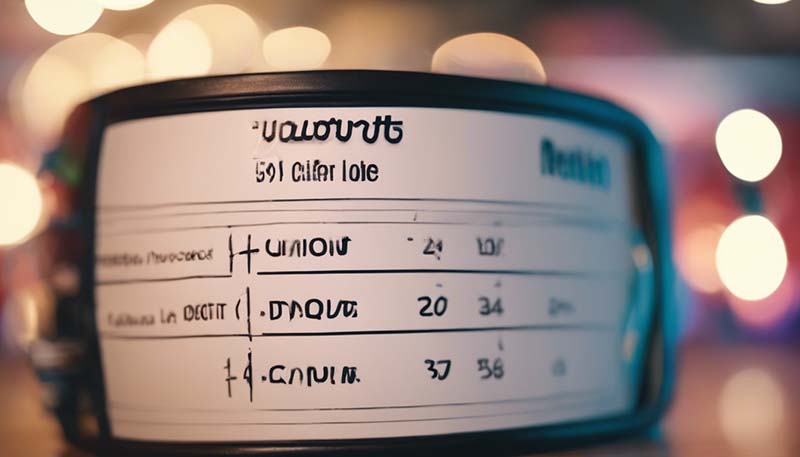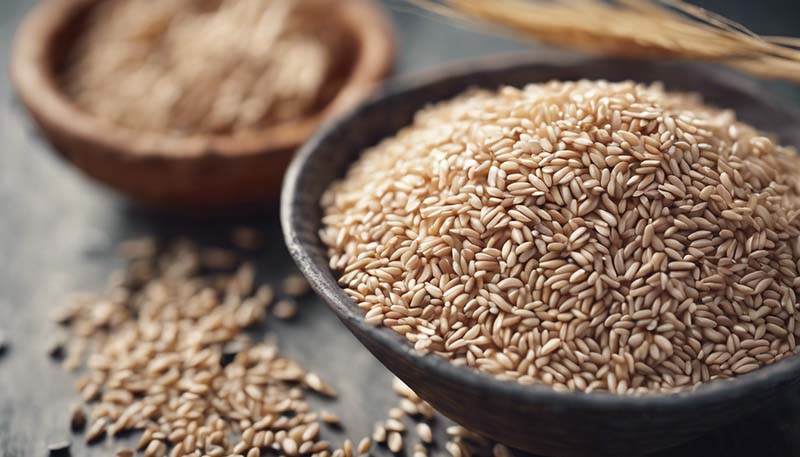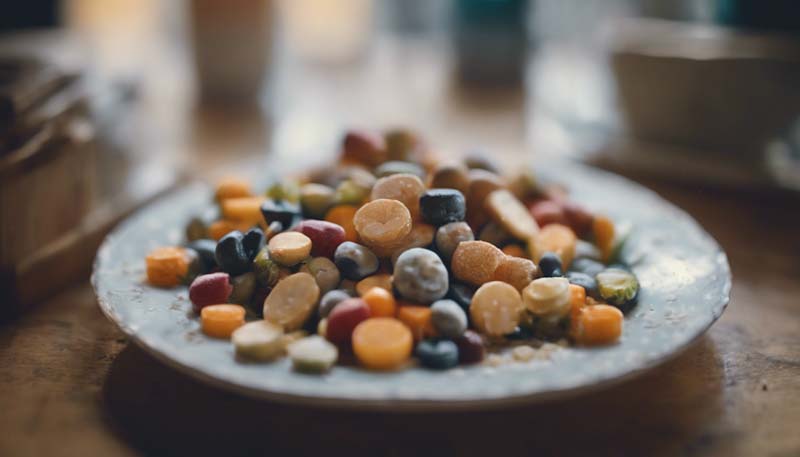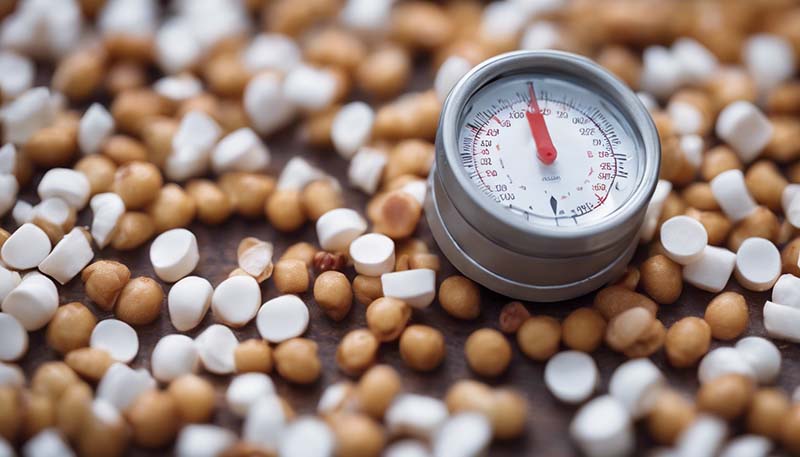The Role of Diet in Managing Chronic Kidney Disease
Chronic kidney disease (CKD) is a serious condition that affects millions of people worldwide. It's a gradual loss of kidney function over a long period of time, and a healthy diet can play a crucial role in managing this disease.
Introduction
Introduce the topic, what is CKD, and the importance of diet in managing it.
Understanding Chronic Kidney Disease
Explain what CKD is, its stages, symptoms, and causes.
Dietary Guidelines for CKD Patients
- Protein Intake: Discuss the importance of limiting protein intake and the types of protein that are best.
- Sodium: Talk about the role of sodium in CKD and how to limit it.
- Potassium: Explain how potassium levels can affect CKD and what foods to avoid or include.
- Fluids: Discuss the importance of limiting fluid intake and how to do it.
- Phosphorus: Explain the role of phosphorus in CKD and how to manage it through diet.
- Calcium: Discuss the importance of calcium and how to include it in the diet of CKD patients.
- Carbohydrates and Fats: Talk about the role of carbohydrates and fats in managing CKD.
Sample CKD-Friendly Meal Plans
Provide some examples of meal plans that are suitable for CKD patients.
Challenges in Dietary Management
Discuss the challenges that CKD patients might face in adhering to a healthy diet.
Conclusion
Summarize the importance of diet in managing CKD and encourage readers to consult with healthcare professionals for personalized advice.






























Join the discussion